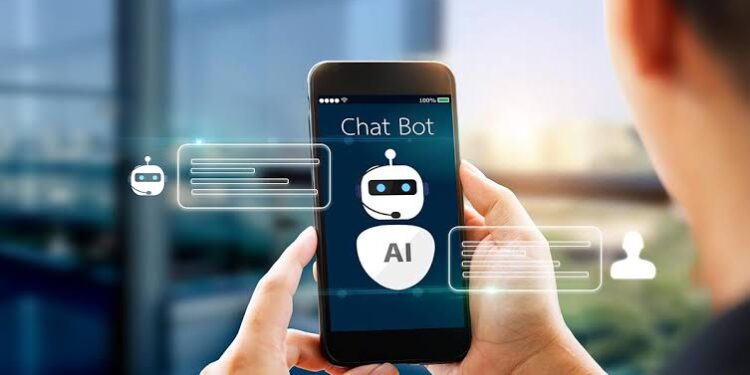An increasing number of teenagers are confiding in AI chatbots like ChatGPT to share personal struggles, seeking validation and emotional comfort. Experts caution that this growing trend could lead to dangerous emotional dependence and worsen communication gaps within families.
Educators and mental health professionals note that many young people view their smartphones as safe, private spaces. Instead of speaking to friends or family, they often turn to AI for reassurance — a habit that may erode real-world social skills and resilience.
Sudha Acharya, Principal of ITL Public School, said students are using ChatGPT to vent when they feel low or isolated, feeding a constant need for validation. “If parents don’t open up about their own struggles, children will never learn to handle emotions in a healthy way,” she warned.
Students interviewed admitted they developed emotional attachments to chatbots, valuing the non-judgmental, always-positive replies. However, psychiatrists say this constant affirmation reinforces misbeliefs and can create “attention bias” — where the mind treats repeated AI validation as truth.
Dr Lokesh Singh Shekhawat of RML Hospital compared AI dependency to gaming or alcohol addiction. “It gives temporary relief but deepens social isolation,” he said, stressing the need for constructive criticism and real-life connections.
Schools are introducing digital citizenship programmes to teach responsible use of technology, but experts believe the core solution lies in rebuilding emotional bonds at home.





























